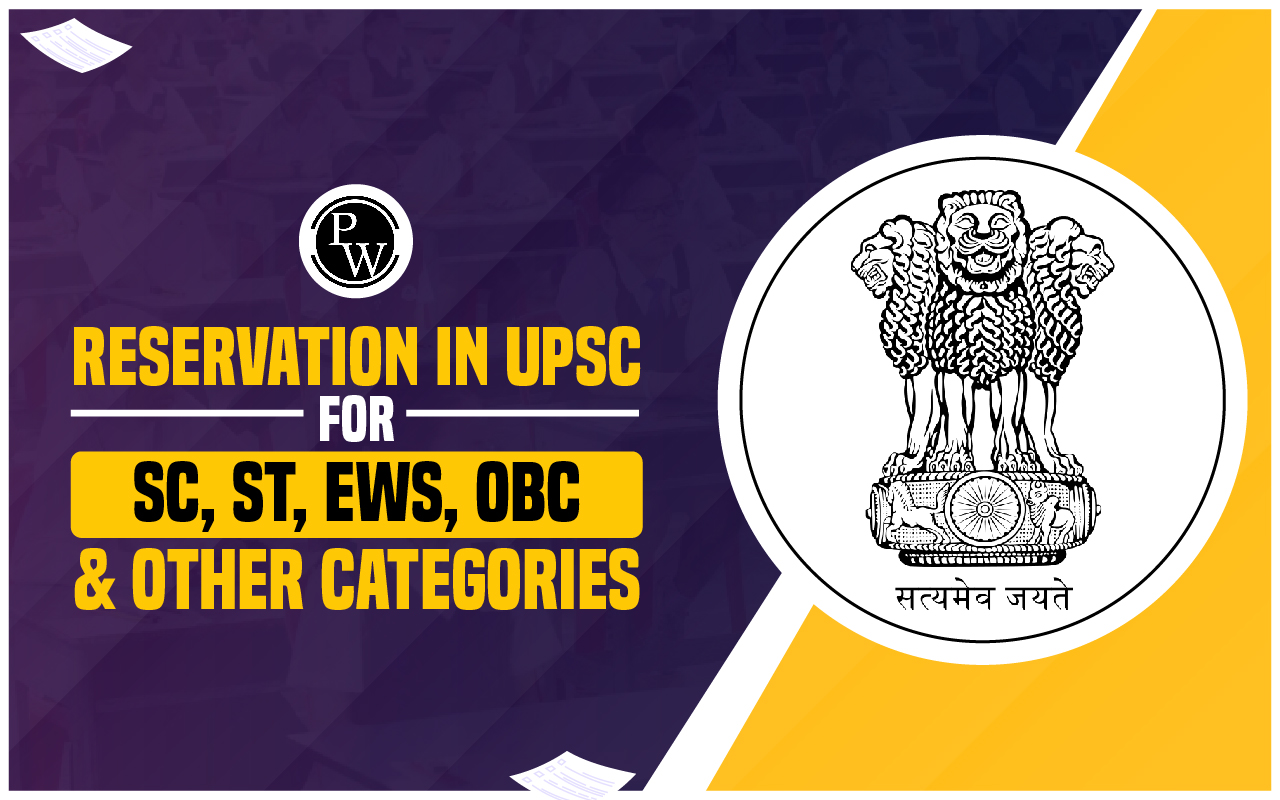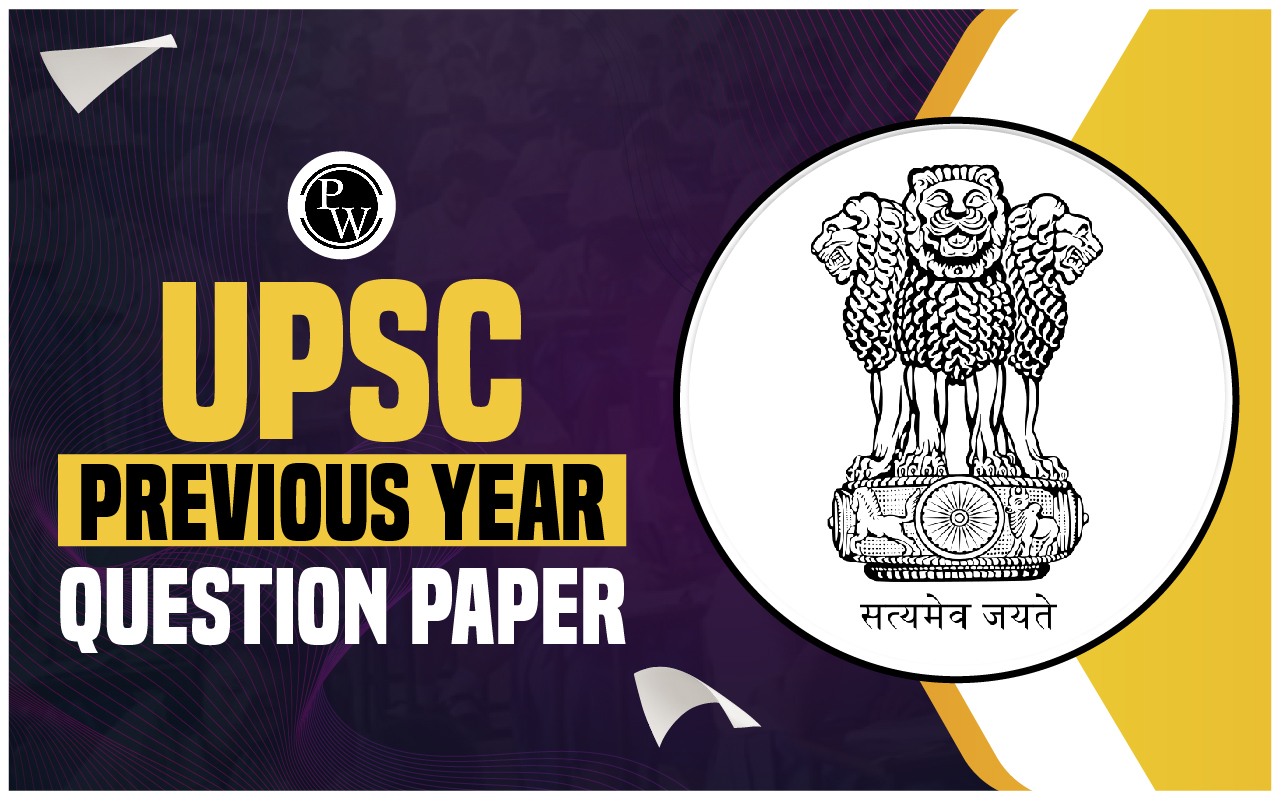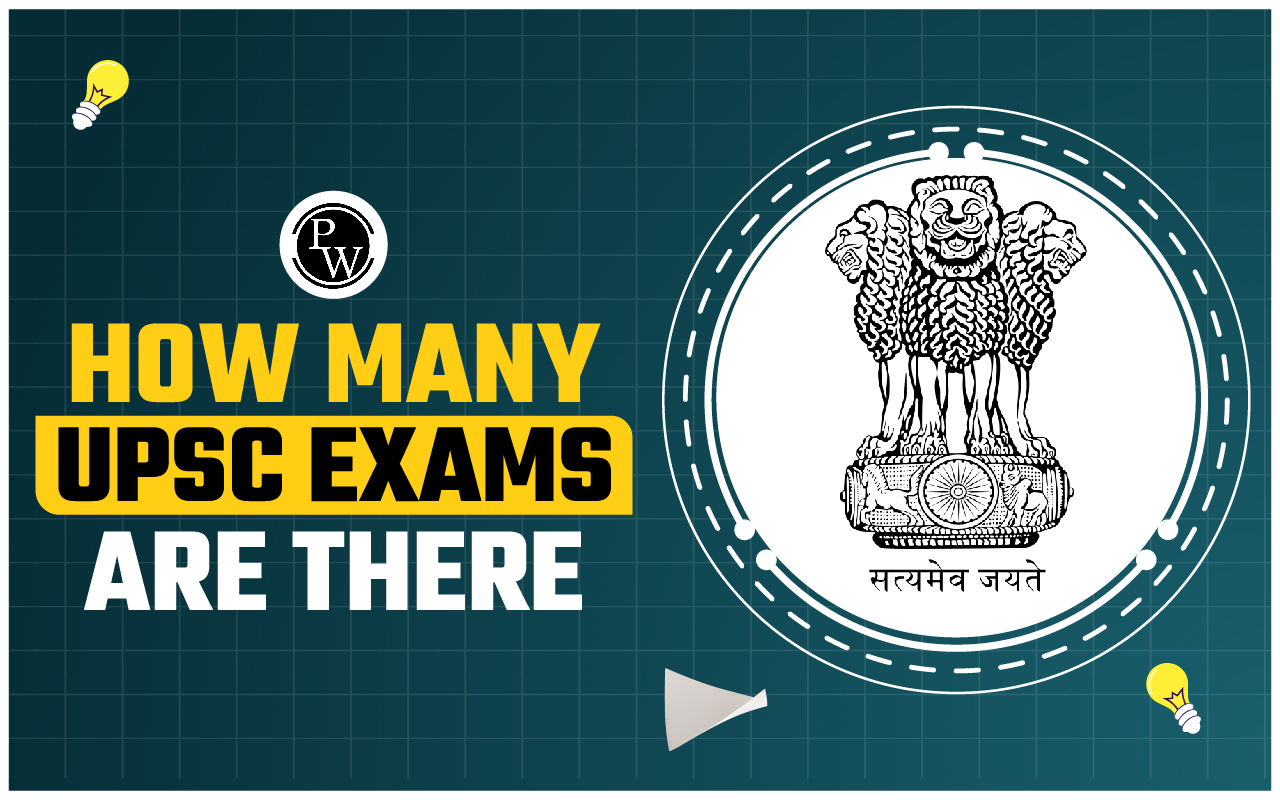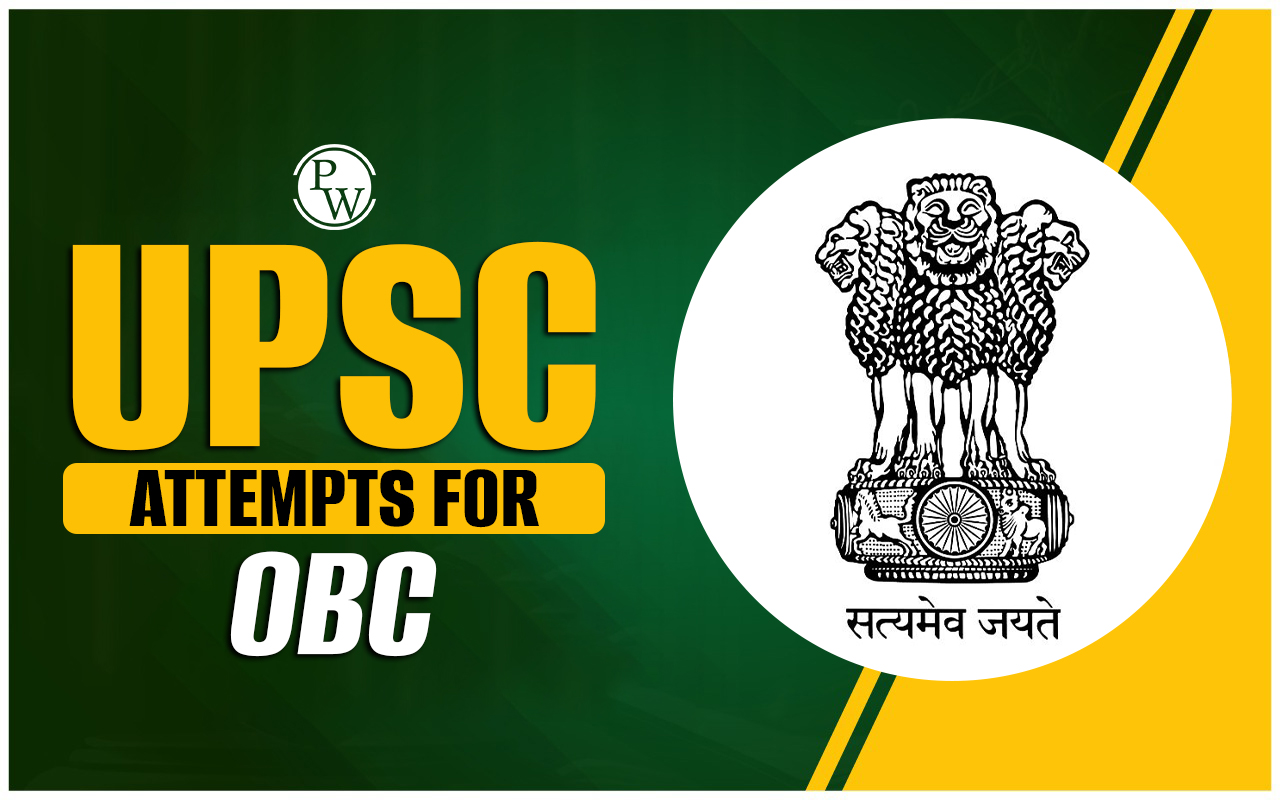
UPSC Agriculture Optional Syllabus 2025 covers various topics, including Forestry, Agronomy, Agricultural Economics, Plant Genetics, etc, to be read by UPSC aspirants who opt for Agriculture Optional in the UPSC Mains Exam. Generally, most of the questions asked in the Mains exam are direct and predictable, ultimately ensuring the possibility of getting good marks.
UPSC Agriculture Optional Syllabus consists of two Papers, namely Paper 1 and Paper 2. Both papers cover specific topics related to agriculture and its allied fields. Each paper is 250 marks, totalling 500 marks for both the optional papers.
UPSC Agriculture Optional Syllabus 2025
UPSC Syllabus for Agriculture Optional is opted by candidates who are interested in agriculture and relevant issues faced by farmers in India. This optional subject is relatively easy to prepare for candidates with an agricultural background. The UPSC Agriculture Optional Syllabus focuses on a candidate’s ability to understand the subject as a science and apply the knowledge to problems faced by the farmers. Candidates can check the table below to understand the UPSC Agriculture Optional Syllabus:
UPSC Agriculture Optional Syllabus 2025 Paper 1
Paper 1 of the Agriculture Optional Syllabus covers various topics related to Ecology, Agronomy, Weed Science, Forestry, etc. Candidates can check the table below to know about the UPSC Agriculture Optional Paper 1 Syllabus:
| UPSC Agriculture Optional Syllabus Paper 1 | |
| Topics | Details |
| Ecology |
|
| Agronomy |
|
| Forestry |
|
| Weed Science |
|
| Soil Science and Nutrient Management |
|
| Soil and Water Conservation |
|
| Agricultural Economics |
|
| Agriculture Extension |
|
UPSC Agriculture Optional Syllabus 2025 Paper 2
Paper 2 Syllabus of the UPSC Agriculture optional covers various topics related to Cell Structure, Plant Breeding, Seed Processing Technologies, Principles of Plant Physiology, etc. Candidates can check the table below to know about the UPSC Agriculture Optional Paper 2 Syllabus:
| UPSC Agriculture Optional Syllabus Paper 2 | |
| Topics | Details |
| Cell Biology and Plant Genetics |
|
| Plant Breeding |
|
| Seed Production and Technology |
|
| Plant Physiology |
|
| Horticulture and Landscaping |
|
| Plant Protection |
|
| Food Production and Nutrition Management |
|
UPSC Agriculture Optional Syllabus 2025 PDF Download
UPSC Agriculture Optional Syllabus 2025 PDF in print format can be downloaded from the official UPSC website, upsc.gov.in. Candidates who choose the UPSC Agriculture Optional can visit the official site to download the syllabus PDF, which will be available alongside the UPSC notification. The UPSC Agriculture Optional Syllabus has remained essentially unchanged over the years. Therefore, candidates are encouraged to download the syllabus along with previous years' main question papers to gain an overview of the questions asked in the UPSC Mains exam and identify important topics.
UPSC Agriculture Optional Syllabus 2025 Preparation Tips
The Agriculture optional subject syllabus for UPSC is considered easier in comparison to the other UPSC optional subjects. With a static syllabus and the majority of questions asked being direct, the subject is a great option for candidates to be chosen as an Optional Subject. The advantages of opting for UPSC Agriculture Optional can be summarised as follows:
-
The Agriculture Optional Syllabus has a lot of similarity with Botany and Zoology subjects studied in the undergraduate courses and can be beneficial to particularly to those who have a degree in these subjects.
-
There are also a lot of commonalities between the UPSC Agriculture Optional Syllabus and the Mains General Studies Paper 3 syllabus. Choosing agriculture as an optional provides additional benefits with UPSC Mains GS Paper 3 as well.
-
The Agriculture Optional is pragmatic and conceptually driven, favoring more students with an analytical mind.
-
Aspirants who opt for the Agriculture Optional can make use of charts, graphs, tables, and drawings in their UPSC Mains answer to increase their chances of scoring good marks.
Looking for guidance in UPSC preparation? Explore Physics Wallah’s UPSC courses!
UPSC Agriculture Optional Syllabus FAQs
What is the UPSC Agriculture Optional Syllabus?
What are the total marks allotted to UPSC Agriculture Optional?
What are the advantages of opting for UPSC Agriculture Optional?
Where can I download the UPSC Agriculture Optional Syllabus PDF?
What environmental threats does Lonar Lake face?










